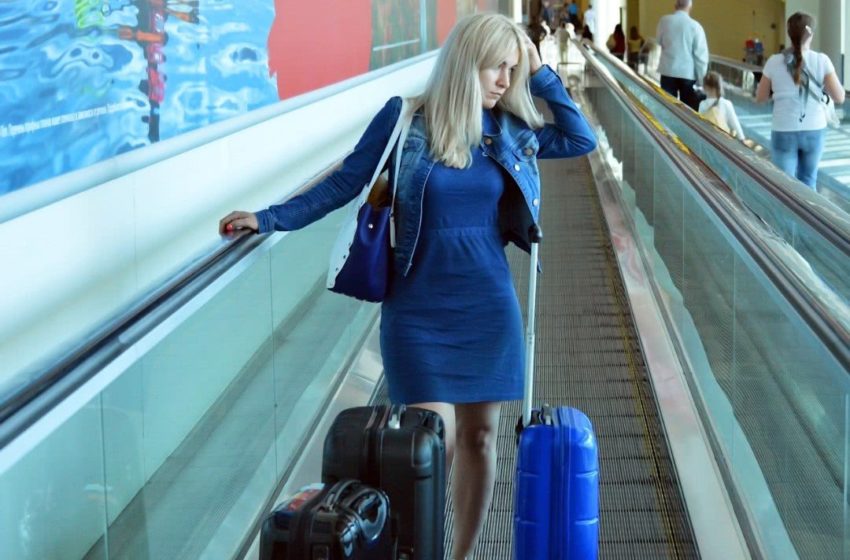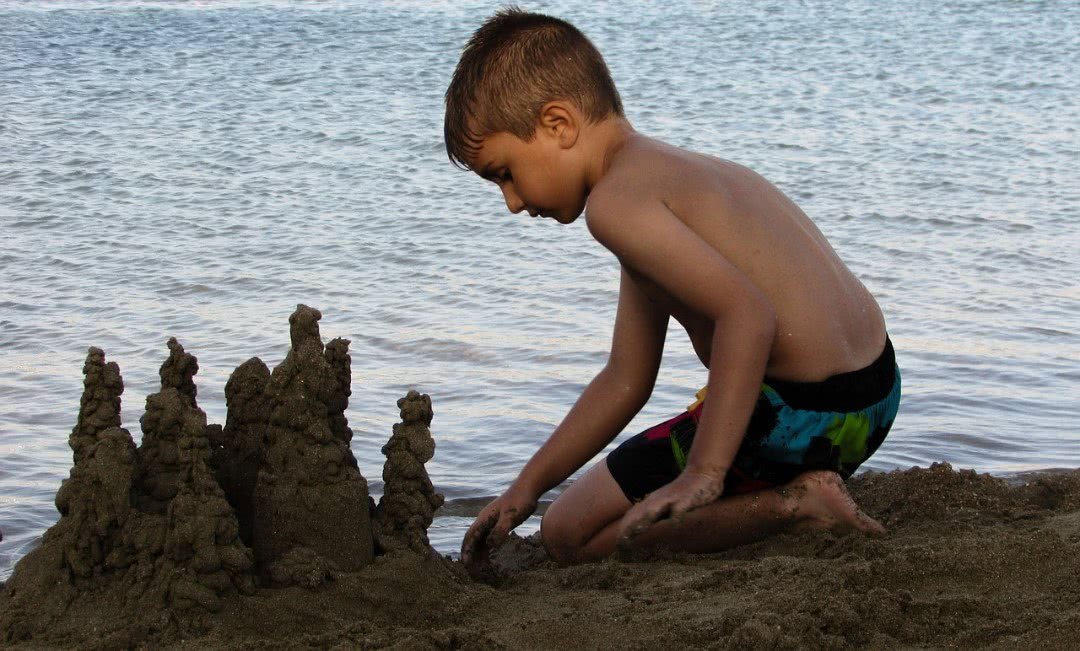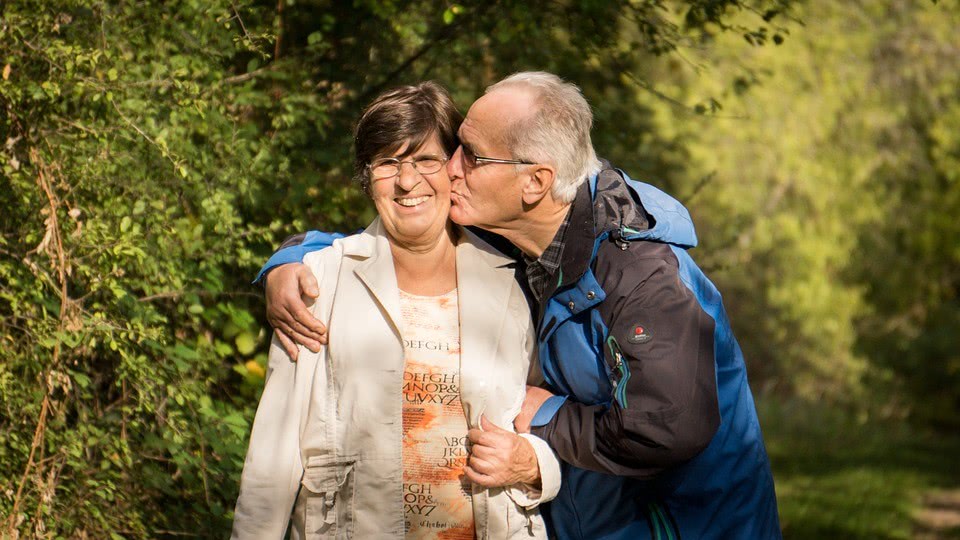Vacation or Staycation? The Importance of Rest & Leisure in Our Life

This article explains the importance of rest and leisure in our life, why they are of paramount importance from both a physical and a spiritual perspective.
The origins of the word “leisure”
It is interesting to note that the term ‘workaholic’ was only coined in 1948. A year later, Josef Pieper penned his Leisure, the Basis of Culture, in which he called for an urgent reclaiming of human dignity in the face of increasingly compulsive activity. Pieper traces the notion of ‘leisure’ to its roots and illustrates that the Greek word for ‘leisure’ became the Latin scola, which in turn gave us the word ‘school‘ , our institutions of learning were once intended as centres of ‘leisure’ and contemplative activity. Sadly, they are far from being so nowadays; even they have become places to prepare us to produce more and more efficiently.
Pieper writes: “The original meaning of the concept of ‘leisure’ has practically been forgotten in today’s leisure-less culture of ‘total work’: in order to win our way to a real understanding of leisure, we must confront the contradiction that rises from our overemphasis on the world of work.”
Pope Francis’ way of resting and leisure
Pope Francis recently told of his way of resting , a method that has been dubbed ‘staycation’. Basically, for the past forty odd years, he has taken rest without ever going on vacation. He does change his routine by waking up a little later than normal, praying, listening to music and reading classics. He also enjoys spending time with the poor. He confesses that experiencing such a slower rhythm for some time, which included a longer time dedicated to personal contact with the poor, energised him so that he felt fresh and reinvigorated.
The importance of planning a restful holiday
Perhaps we can learn from him the true meaning of leisure. For, unfortunately, even our holidays are often paradigms of stress. If we were to look closely at the way we approach them, we would see that we tend to reproduce, in our holiday plans, the kind of compulsive patterns we endure in our work: there is so much we simply have to do and see! We pack our vacation-time so that it becomes an endless series of experiences and sights to be used in later ‘interesting conversations’.

Being “at leisure”
Maybe the root problem is that we have become unable to be at leisure due to a perpetual restlessness which afflicts us continuously. Perhaps, behind our frenetic pace, a certain anxiety has seized us and is driving us forth. The old term acedia , loosely translated as ‘listless despondency’ , expressed this sad tendency. The opposing state is what we all deeply desire and it is what we mean by ‘leisure’.

Leisure definition
Hence, leisure is a basic attitude (or what Pieper calls ‘a condition of the soul’). In this sense, leisure is a certain inner absence of anxiety and preoccupation, it is peace, an ability to let go, a capacity to be quiet, a form of yearning stillness, a disposition of contemplative beholding, a recognition of the mysterious character of the world, and an ability to trust. It is the condition which makes possible any creative impulse; it is the necessary disposition for love. Leisure is the attitude of gratitude; the experience of a joyful soul. It is not a mere break from work. It is the ability to be in contact with the personal and life-giving presences and facets of reality that can renew us and from which we can live, even in the midst of the busy world of work.

How can we have the attitude of leisure in our lives?
Well, the key question is whether we could nurture some kind of rhythm in our daily, weekly and monthly lives whereby we could cultivate such a contemplative disposition. We need to help ourselves look at reality , whether it is nature or whether it is the story of our lives , with grateful eyes. We need to ask ourselves whether we could dedicate some time to do so alone, and also to do so with some significant others? Even if we were to dedicate ten minutes a day, that would make a difference. The same goes for a weekly, a monthly; and a yearly rhythm. We need to find some substantial time , maybe a couple of hours weekly; maybe one morning or afternoon monthly; and maybe one week yearly , to dedicate to such ‘leisure’, after all this is what Sundays and feast-days were partly about!

The difference between leisure and idleness
This is different from idleness, which is a kind of sadness and which is often the very fruit of activism. Idleness involves a lack of energy to be gratefully and trustingly responsible. Leisure means learning again and again to listen, to be grateful, to give and to receive, to enjoy, and to experience peace. Through such a rhythm of leisure , which importantly includes prayer and contact with the poor , we can cultivate this condition of our soul.

Leisure enables us to become more and more human. We truly desire this state of soul!
Published: July 2017
Read more:
– Dr Sandra Dalton-Smith On Sacred Rest
– Unrealistic Expectations Of Others And Of Self














